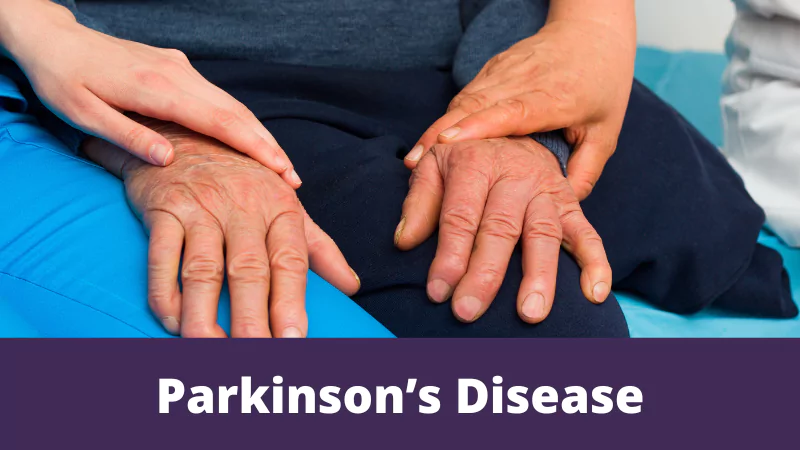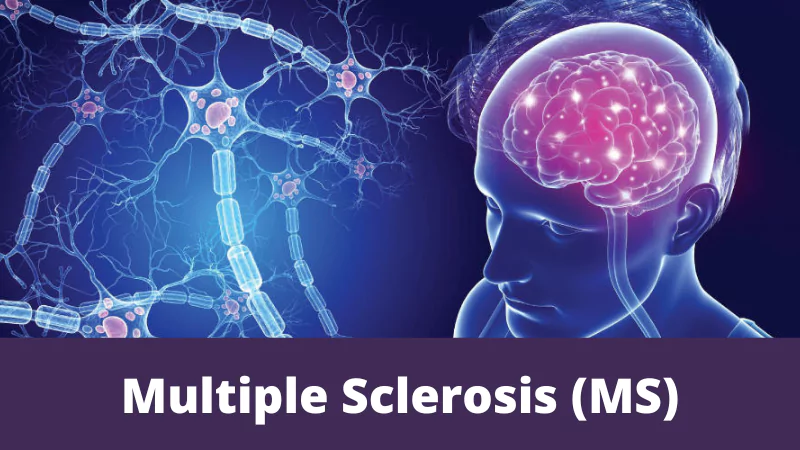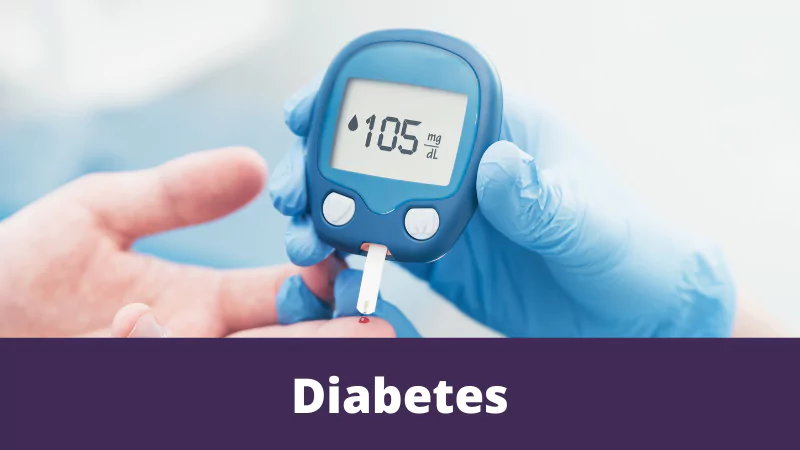
Parkinson’s Disease
What is Parkinson’s Disease? Parkinson’s disease is a progressive, degenerative neurological condition that affects a person’s control of their body movements. It is not contagious and is thought to have a genetic aspect. Symptoms of Parkinson’s disease are caused by the progressive degeneration of nerve cells in the middle area of the brain. This causes











